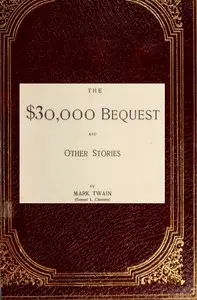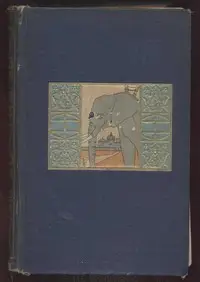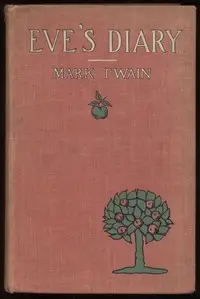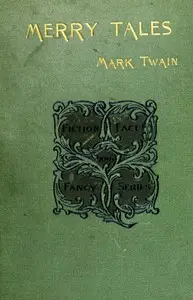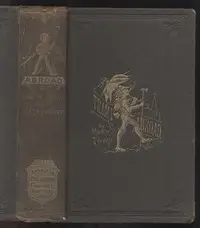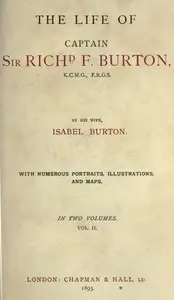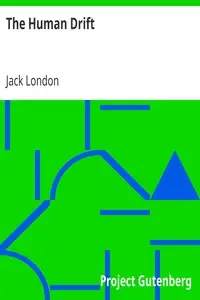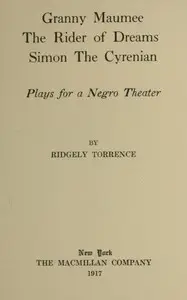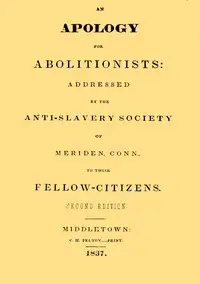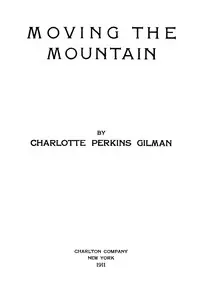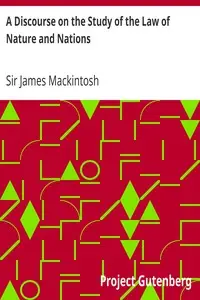"The Gilded Age, Part 6" by Mark Twain and Charles Dudley Warner is a novel written during the late 19th century. The story revolves around a society grappling with the complex interplay of politics, morality, and personal ambition in a rapidly changing America. Key characters include Philip Sterling, Senator Dilworthy, and Laura Hawkins, whose lives intertwine amidst the backdrop of scandal, particularly following Laura's shocking act that leads to a dramatic murder trial. The opening of this portion presents a tense scene following a major political maneuver by Senator Dilworthy, who emerges from the halls of power with high hopes about a bill that could benefit Laura and her family. However, a sudden twist takes place when it is revealed that Laura has gone missing, prompting Philip to speculate on her whereabouts. The narrative quickly escalates with the discovery that Laura has shot a prominent politician, Colonel Selby, leading to a web of intrigue fueled by the ensuing media frenzy around the trial. As Philip and Harry search for answers, they find themselves entangled in a mix of social commentary and personal tragedy, giving the reader a vivid impression of the characters' complex motivations and the societal flaws at play. (This is an automatically generated summary.)
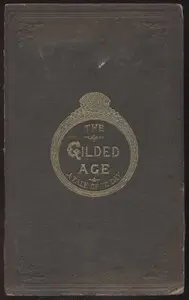
The Gilded Age, Part 6.
By Mark Twain
"The Gilded Age, Part 6" by Mark Twain and Charles Dudley Warner is a novel written during the late 19th century. The story revolves around a society ...
Samuel Langhorne Clemens, known by the pen name Mark Twain, was an American writer, humorist, and essayist. He was praised as the "greatest humorist the United States has produced," with William Faulkner calling him "the father of American literature." Twain's novels include The Adventures of Tom Sawyer (1876) and its sequel, Adventures of Huckleberry Finn (1884), with the latter often called the "Great American Novel." He also wrote A Connecticut Yankee in King Arthur's Court (1889) and Pudd'nhead Wilson (1894) and cowrote The Gilded Age: A Tale of Today (1873) with Charles Dudley Warner.

